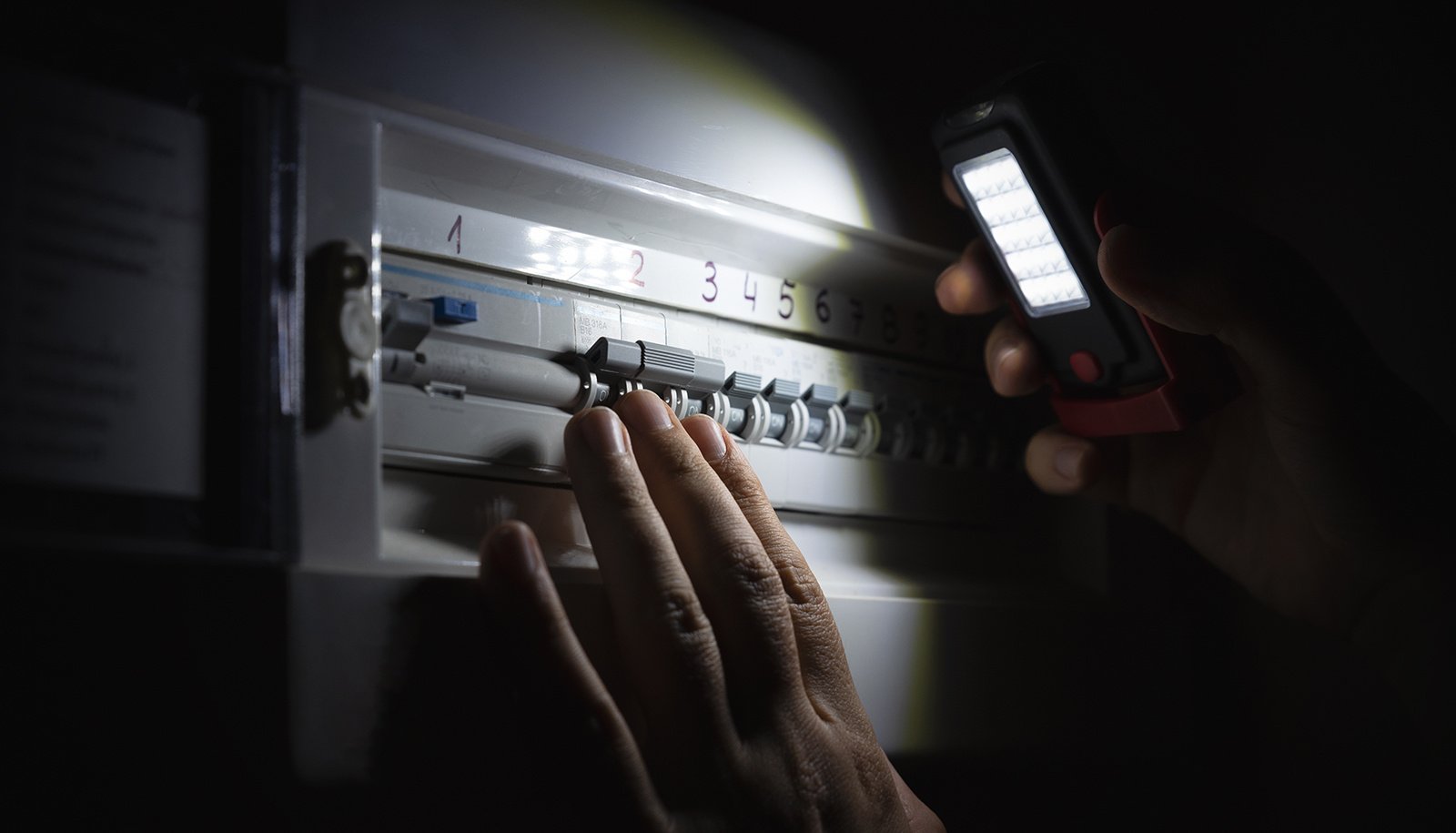Power outages can be more than just an inconvenience; they can lead to significant damages and losses. Today, we’re diving into a common concern for many homeowners: does home insurance cover power outages?
Understanding how your home insurance policy addresses these events can provide peace of mind and ensure you’re adequately protected.
WHAT DOES HOME INSURANCE TYPICALLY COVER?
First, let’s review what standard homeowners insurance policies generally cover. These policies usually offer protection in four main areas:
● Dwelling Coverage: This helps pay for repairs to your home’s structure if it’s damaged by a covered peril.
● Personal Property Coverage: This covers your personal belongings, such as furniture, clothing, and electronics, if they are damaged or stolen.
● Liability Coverage: This protects you if someone is injured on your property and decides to sue.
● Additional Living Expenses (ALE): This helps cover the cost of living elsewhere if your home is uninhabitable due to a covered event.
Understanding these coverage areas is crucial as we explore specific scenarios related to power outages.
WHAT FACTORS INFLUENCE HOMEOWNERS COVERAGE?
Understanding the factors that influence homeowners insurance coverage is essential for ensuring you have the right protection in place. Below, we’ll dive into these factors to help you better navigate your insurance policy and make informed decisions about your coverage needs.
Policy Inclusions & Exclusions
Every home insurance policy has its inclusions and exclusions. It’s vital to read your policy carefully to know what is and isn’t covered regarding power outages. Common exclusions might include food spoilage due to a power outage or losses that are considered preventable with proper maintenance.
Additional Coverage Options
To enhance your coverage, you might consider purchasing additional riders or endorsements. These can offer extra protection for specific scenarios not covered by your standard policy. Discussing these options with an insurance agent can help you customize your coverage to better suit your needs.
Location & Risk Factors
Your geographical location and associated risks play a significant role in coverage. For instance, if you live in an area prone to hurricanes, your policy might offer specific protections for hurricane-related outages. Assess your personal risk factors and adjust your policy accordingly to ensure comprehensive coverage.
POWER OUTAGE SCENARIOS
Power outages can occur due to a variety of reasons, each with different implications for insurance coverage. Understanding how your home insurance policy addresses these scenarios is crucial for adequately protecting you.
Natural Disasters & Power Outages
Power outages often stem from natural disasters like storms, hurricanes, and earthquakes. In such cases, whether your home insurance covers the outage depends on your policy's specifics and the disaster's nature.
For instance, if a windstorm damages power lines and causes an outage, your policy might cover related damages, especially if the outage leads to further damage to your home or personal property.
Mechanical Failures & Power Outages
Mechanical failures, such as downed power lines or transformer malfunctions, can also result in power outages. Coverage for these incidents varies by policy.
Generally, if the mechanical failure causes direct damage to your home or personal property, you might be covered. Reviewing your policy or speaking with an agent to understand the specifics is essential.
Personal Equipment Failures
Sometimes, power outages are caused by failures in personal equipment, like home generators or electrical systems. Coverage for these scenarios depends heavily on your policy details.
For example, if your home generator fails and causes a fire, the resulting damage might be covered under your dwelling or personal property coverage.
DOES HOMEOWNERS INSURANCE COVER FOOD LOSS DUE TO POWER OUTAGE?
When it comes to food loss due to a power outage, homeowners insurance coverage can vary significantly based on your specific policy. Typically, standard home insurance policies may not cover food spoilage caused by a power outage unless you have additional coverage or endorsements explicitly addressing this scenario.
Common exclusions might include losses deemed preventable or those resulting from poor maintenance of home equipment. To ensure you're adequately protected, it's crucial to review your policy details and consider adding a rider that covers food spoilage.
3 TIPS FOR HOMEOWNERS IN POWER OUTAGES
Power outages can be disruptive and costly, but with the right preparation and response, homeowners can mitigate their impact. Here are three essential tips to help you navigate outages effectively.
1. Preventive Measures
Taking preventive measures can minimize the impact of power outages. Consider installing surge protectors to safeguard your electronics and maintaining backup power sources like generators. These steps can prevent damage and reduce the need to file claims.
2. Document Losses
In the event of a power outage, document all losses and damages meticulously. This documentation is crucial when filing a claim, as it provides evidence of the extent of your losses.
3. Review & Update Policies
Regularly reviewing and updating your insurance policy ensures you have the coverage you need. Life changes, home upgrades, and new personal belongings can all affect your coverage needs. Stay in touch with your insurance agent to keep your policy up-to-date.
Understanding whether your home insurance covers power outages can be complex, but it’s essential for ensuring you’re prepared for any eventuality.
If you need help finding the best homeowners insurance coverage for the best price, speak to a SimplyIOA agent at 833.872.4467 or get a homeowners insurance quote online now.










